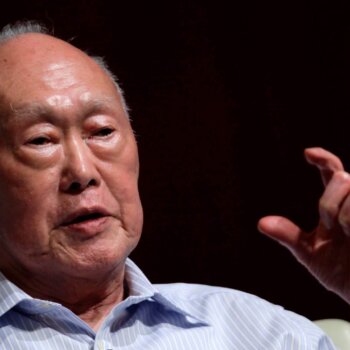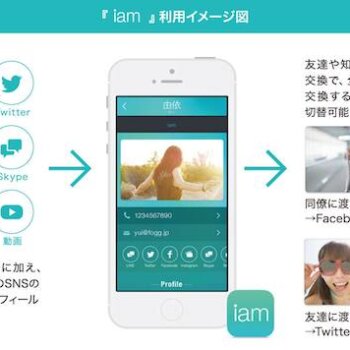Ele.me, an online food delivery platform based in Shanghai, announces that it is expanding its delivering team in over 50 cities in order to build a nationwide Just in Time(JIT) Distribution Network, which will make it the largest in China.
According to the 2015 Chinese Food Delivering O2O Industry development Report by iResearch, Ele.me is the leading third-party online food delivering platform in China as 70.5% of the surveyed netizens have used Ele.me and 32.8% have used Ele.me most frequently in 2014. The report also shows that the food delivering market in China has reached 160 billion yuan (approximately 26.67 billion dollars) in2014, taking up 5.8% of the total restaurant market.
2014 Major online food ordering platforms in China, Image retrieved from iResearch
Xuhao Zhang and Jia Kang, the two co-founders of Ele.me, made this announcement on Aug 16th about getting connected with third-party logistics companies(the estimated couriers involved is 20,000) in addition to its own 4000 people delivering crew. This strategy is said to be helpful in completing the online to offline(O2O) closed loop in the food delivering business.
Ele.me started off by providing a well round of lunch/dinner choices and easy ordering process for college students in 2009. It then expanded both in the sense of targeted customers (from students to white collars) and locations (from major cities to third-tier cities).
Its website enables the user to put in their school name, building name or street name to find the closest restaurants. The order information the user filled in on the website will be forwarded to the restaurants and all that the user needs to do is to wait for the phone call from the courier.
Screenshot of the ele.me page after put in Beijing Foreign Studies University as the address, 715 restaurants were listed (919 were listed when the same key words were put into Dianping, the Chinese Yelp)
When their business first started, the employees of Ele.me need to manually send the order to the restaurants through text messages or phone calls. The company then developed the Napos system to help the restaurant owner manage the dining in orders in the store as well as speed up the food delivering process.
For instance, the restaurant cowner can print the orders with just one click instead of hand writing orders(that happens a lot in most of the small restaurants); they can also easily deal with the bills on the computer instead using a calculator.
According to Xuhao Zhang, the Hummingbird Delivering System, as well as the Napos System and Walle(a CRM software developed by Ele.me), is one proof of the geek spirit that drives this company to “do really small things and grow them bigger” (Xuhao Zhang quotes Paul Graham, the founder of Y Combinator).
As of Aug 2015, Ele.me has covered over 200 cities in China, which is around one third of the total number.
After the user places a order, the order information will be pushed into the Hummingbird Delivering System developed by Ele.me. For the logistic team, it not only helps them to distribute orders within the team, but also enables the courier to automatically receive order and to send voice mails to multiple users that share the same location. For the restaurant owner, it helps them monitor the distribution process as well as provides a settlement function. For the customers, it makes tracking their food possible (imagine watching your food coming to you, yay!).
Other than the traditional payment method, cash, these online orders can also be paid through Alipay, Wechat Payment or QQ Wallet. The latter two are implemented in Wechat and QQ, Tencent’s two popular IM apps respectively.
Ele.me has gained its initial success on the PC platform, and it has kept its leading role in the mobile terminal. It made several attempts to enlarge its impact by cooperating with Tencent, including adopting Tencent map and adding the “Lunch Pool” option through Wechat.
Screenshot of the Lunch pool attempt on Wechat, photo retrieved from Zuimei App
With the $350 million Series E funding from Tencent Holdings, CITIC PE, Dianping and Sequoia Capital early this year, Ele.me has been actively expanding its crew and its market as well as splashing out on subsidies for the couriers. With the third-party logistics companies brought by the Hummingbird Delivering System, hopefully Ele.me could find a way to balance its expanding pace and the pressure from the investors and other O2O food delivering counterparts.

































